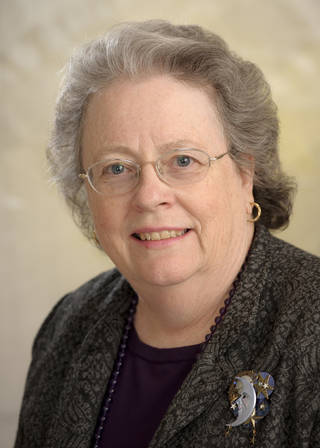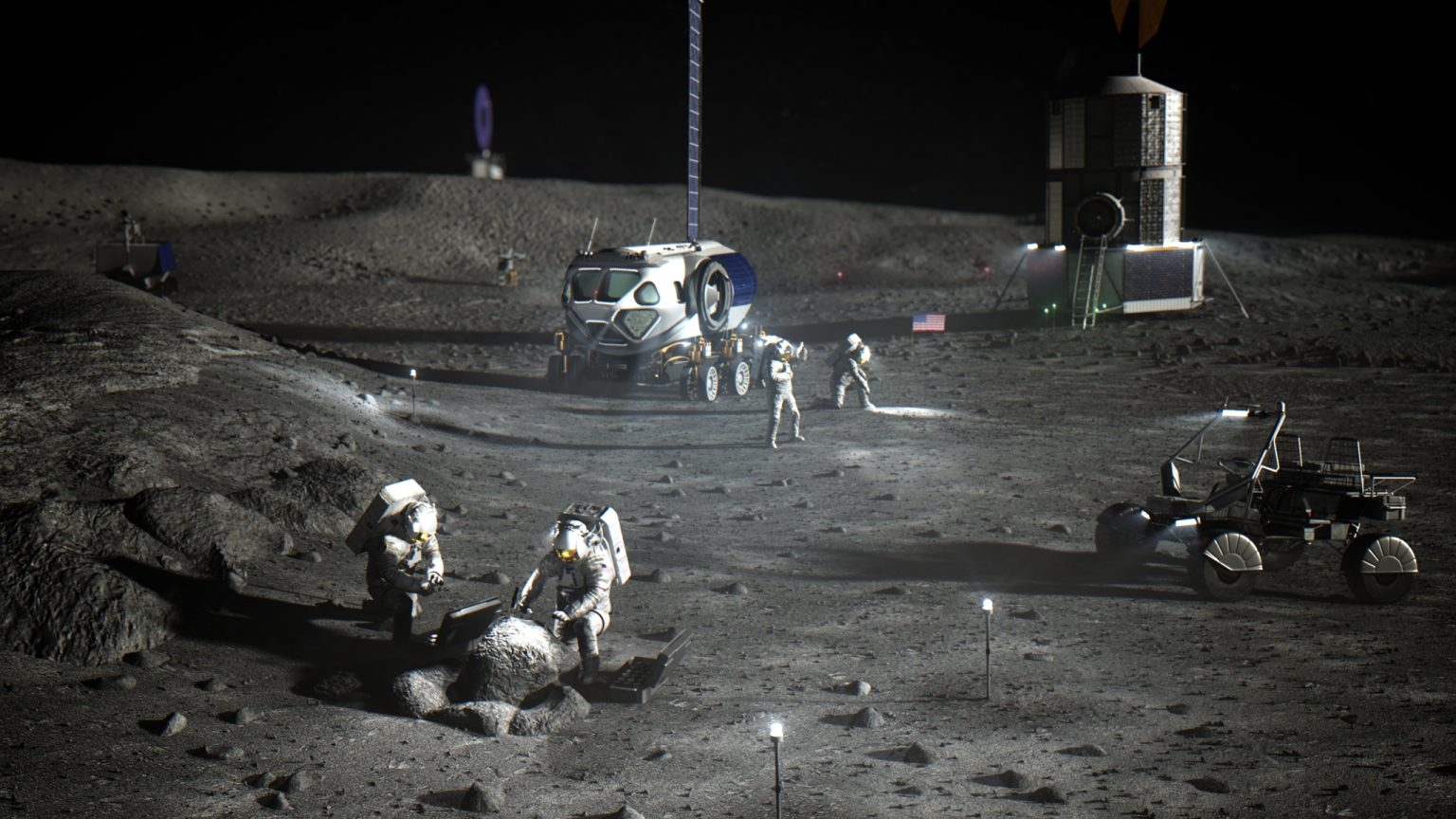Political Barriers Hinder Education of Future Scientists
Nationally, there's political pressure to improve K-12 education. The federal mandate known as 'No Child Left Behind' drives schools to focus on basics: reading, writing and arithmetic in order to improve student test scores in these areas. Art, music, social studies, science, etc. are pushed aside in the paper chase generated by standardized tests.
Recently, an elementary teacher from Salinas, CA, described his teaching assignment as restricted to "reading and math, plus 30 minutes of physical education each day."
His science and social studies books collect dust. Art, drama, and music were dropped long ago. School has become drudgery for his kids, but he is required to be "on the right page, on the right day, at the right time." This prescriptive education is deadly, and, worse yet, I believe it will have long-term detrimental effects on the development of the 22nd century workforce.
In parallel with the drive to improve basic skills, the National Research Council's "Rising Above the Gathering Storm" decries the quality of education in STEM subjects: science, technology, engineering and mathematics education. The number one recommendation is to improve the training and support for teachers in K-12 in these subjects: provide better training, better curriculum, time to teach STEM subjects, and research experiences.
The National Science Education Standards make similar recommendations for teacher professional development. Here in the San Francisco Bay Area, the IISME (Industry Initiatives for Science, Mathematics and Engineering) program employs teachers in the summer in research labs, industrial settings, and businesses that provide the "research experience" for teachers. A longitudinal study demonstrated that this improves the use of technology in the classroom, generates teacher-leaders, and retains science and math teachers in the classroom. All are good outcomes. Research experiences for teachers pay off.
What inspires our kids to become future scientists, engineers and researchers? Are research experiences for students are likewise important?
In a recently published study ("Science" April 27, 2007), Susan Russell, Mary Hancock and James McCullough, at SRI International, asked: what are the benefits of undergraduate research experiences? They studied a commonly held belief: "Undergraduate students' participation in hands-on research is widely believed to encourage students to pursue advanced degrees and careers in science, technology, engineering and mathematics fields."
Breaking space news, the latest updates on rocket launches, skywatching events and more!
In a broad ranging study, they surveyed several thousand undergraduates, graduate students and faculty between 2003 and 2005. They found that participating in an undergraduate research opportunity (URO) has a significant impact on student's interest in STEM and SBES (social, behavioral, or economic science) careers. They learned that 38 percent of participants expressed "somewhat increased interest" plus 30 percent reported their interest in STEM "increased a lot."
Only 8% reported decreased interest in research. In particular, the SRI team found that participation in URO positively affects expectations of obtaining a PhD. UROs keep students in the pipeline to research careers.
They also found that interest in STEM disciplines most often arose before college. They noted in "EVALUATION OF NSF SUPPORT FOR UNDERGRADUATE RESEARCH OPPORTUNITIES: Draft Synthesis Report Executive Summary" that "The STEM survey, for example, found that those who participated in undergraduate research were twice as likely as those who did not do research to have pre-college expectations of obtaining a PhD.
STEM and NSF researchers' interest in STEM was likely to have begun in childhood, suggesting that the most effective time to begin attracting students to STEM may well be while they are in elementary school." (page 2). Ask most any scientist why they pursue science, and you'll likely hear a story about a childhood experiences with a great teachers and parents, science centers and planetaria, or simply spending time exploring the natural world.
Yet, in many places, science (and the arts) are not even on the school bus with the kids. This is not simply a mistake. It's a form of discrimination against children who will never find the entrance to the "pipeline" that leads to well-paid STEM careers. Education can't be just the three R's.

Edna DeVore is a science and astronomy educator and the former Director of Education and Public Outreach for the SETI Institute. She earned an undergraduate degree from the University of Pacific followed by a master's degree in instructional technology from San Jose State and a master's in astronomy from the University of Arizona. In 1992, Edna joined the SETI Institute, where she wrote features on space exploration, astrobiology and more, some of which appeared on Space.com. She was among the first principal investigators to propose projects to NASA's Office of Space Science and receive funding for educational programs. Edna went on to work on education and public outreach for NASA's Kepler space telescope and SOFIA flying telescope missions. Edna received numerous awards during her tenure at SETI, including NASA Honor Awards for her work on Kepler and SOFIA, and Aerospace Awareness Award for Women in Aerospace in 2005. Edna retired in 2013.
